Benefits of Ramadan Fasting,
The holiest month in the Islamic lunar calendar is Ramadan. Its roots date back to 624 BCF when it was observed in Medina. 1398 years later, the primary practice of Ramadan revolves around fasting from sunrise to sunset.
Almighty Allah says,
“Ramadan, the month in which we set down the Quran as a guide to mankind, also clears signs for guidance and judgment (between right and wrong). So every one of you presents (at his home) during that month should spend it fasting’’
Exploring the rich tradition of fasting
Fasting holds a reflection on the soul, revealing the strengths and vulnerabilities of our non-secular and bodily selves. Rooted deeply in spiritual traditions worldwide, fasting is a path to purification, strength of thought, and deeper data. This article embarks on an exploration of fasting, with a unique focus on its significance in Islam, guided by the valuable aid of the instructions of the Holy Quran and its characteristics within the observance of Ramadan. It is a journey via way of existence, islamic spirituality, and the profound trouble fasting instills in those who study it.
Fasting in Islam: A Pillar of Faith

Fasting, or ‘Sawm’ in Arabic, isn’t simply an act of abstaining from foods and drinks from dawn until nightfall; it’s a profound non-secular problem, one of the Five Pillars of Islam. This pillar illustrates the depth of commitment a believer has to their faith, demonstrating an act of obedience, submission, and purification earlier than Allah. The Holy Quran venerates fasting to gain Taqwa (God-focus), highlighting its significance now as a ritual and a transformative religious exercise.
“O believers Allah has commanded in the Holy Quran,
! Fasting has been prescribed for you as prescribed for those before you so that you may attain piety”.
Our Holy Prophet (PBUH) also said,
“Fasting is a shield for you.“
The Spiritual Benefits of Fasting
The essence of fasting transcends bodily abstention, venturing into the nation-states of religious boom and willpower. Muslims can cleanse their souls, reflect upon their deeds, and foster a better reference to Allah. Beyond the spiritual, fasting is likewise lauded for its physical advantages—detoxifying the body, promoting healthy eating behavior, and instilling empathy for those much less fortunate through experiencing starvation and thirst firsthand.
Ramadan: The Month of Fasting
Ramadan is the ninth month of the Islamic lunar calendar, which holds a unique place in Muslims’ hearts worldwide. It commemorates the month wherein the number one verses of the Holy Quran were observed by Prophet Muhammad (PBUH), marking it as a length of heightened spirituality, mirrored photo, and community. During Ramadan, Muslims fast from dawn until sunset, breaking their speed with the meal of Iftar and beginning it with Suhoor before dawn. It is a time when, even as the Quran is examined and recited more fervently, prayers are intensified, and the bonds of network are reinforced through shared meals and acts of charity.
The Traditional Practices Throughout Ramadan

The practices of Suhoor and Iftar are cornerstones of Ramadan, encapsulating the essence of staying energetic, grateful, and networking. Suhoor, the pre-sunrise meal, is a time of quiet reflection and preparation for the day’s rapid. Iftar, the midnight meal to break the fast, is usually a communal affair shared with a circle of relatives and friends, symbolizing concord and generosity. The nightly Namaz e Taraweh, done in the congregation, similarly embody the communal spirit of Ramadan, imparting more moments of contemplated picture and worship. Pakistanis notice Ramadan every year with commitment and love. One of the key traditions observed during Ramadan is the nightly Namaz e Taraweh, where a long portion of the Quran is recited in the congregation.
During Namaz e Taraweh, Muslims perform a series of 20 Raakat in 10 sets, each consisting of two Raakats. The Traweeh prayer encourages people to visit the local mosque more often. I’tikaf Fasting Muslims are encouraged to isolate themselves from worldly activities in one of the mosques for the last ten or three days of the month of Ramadan to show their personal love and attachment to Almighty Allah.
Fasting Beyond Ramadan:
Fasting beyond Ramadan Islamic life encourages fasting beyond the month of Ramadan. Voluntary fasts, which encompass Mondays and Thursdays, the Day of Arafah, and the six days of Shawwal, offer more opportunities for spiritual growth and power of will. These practices highlight the ability and intensity of fasting in a non-secular region, permitting Muslims to interact with their faith chronically.
Fasting within the Light of the Holy Quran:
The Holy Quran gives profound guidance on the exercise of fasting, detailing its hints, religious dreams, and Allah’s compassion towards speedy folks. Verses from the Quran emphasize fasting to advantage righteousness, willpower, and closer proximity to Allah. The know-how embedded in these verses encourages a conscious observance of fasting, one that is aware of its non-secular intentions and merciful in its exercising.
Modern Interpretation and Challenges
Navigating the observance of fasting within the present day globally offers its set of traumatic situations, from maintaining productiveness in the direction of the workday to addressing fitness worries. However, these disturbing conditions additionally provide possibilities for innovation and version, allowing Muslims to mix their faith into their everyday lives through big techniques and balancing their lifestyles with the realities of current-day existence. Muslims around the arena to find out the private and communal importance of fasting.
Tips for non-Muslims to better understand and respect Ramadan:
For non-Muslims, understanding and respecting Ramadan is essential to fostering inclusiveness and cultural awareness.
- Educate yourself. Understanding the spiritual and cultural aspects will help you appreciate this month’s importance to Muslims.
- Be mindful of your actions. Be respectful by refraining from eating or drinking in front of someone who is fasting, and avoid scheduling meetings or events that involve food.
- Show empathy and support to friends, colleagues, or neighbors who are observing Ramadan, especially during long summer days.
- Engaging in dialogue in open and honest conversations can help bridge cultural gaps.
- Attend community events: During Ramadan, many mosques and Islamic centres hold community events and Iftars (fast-breaking meals).
- Share in the spirit of giving: Ramadan is also a time of generosity and charity.
- Reflect on your values. Embracing diversity and respecting different religious beliefs can enrich your worldview and contribute to a more inclusive society.
Conclusion:
Fasting, as illuminated by the Holy Quran and practiced during Ramadan and in the past, provides a pathway to religious purification, problems, and a deeper reference to Allah. It is a way of life that spans centuries but remains profoundly relevant in today’s international world. Through fasting, Muslims embark on an adventure of self-discovery, network construction, and profound religion, locating in its exercise a deliverance of energy, a mirrored image, and renewal.
More Relatable Blogs from this Author:
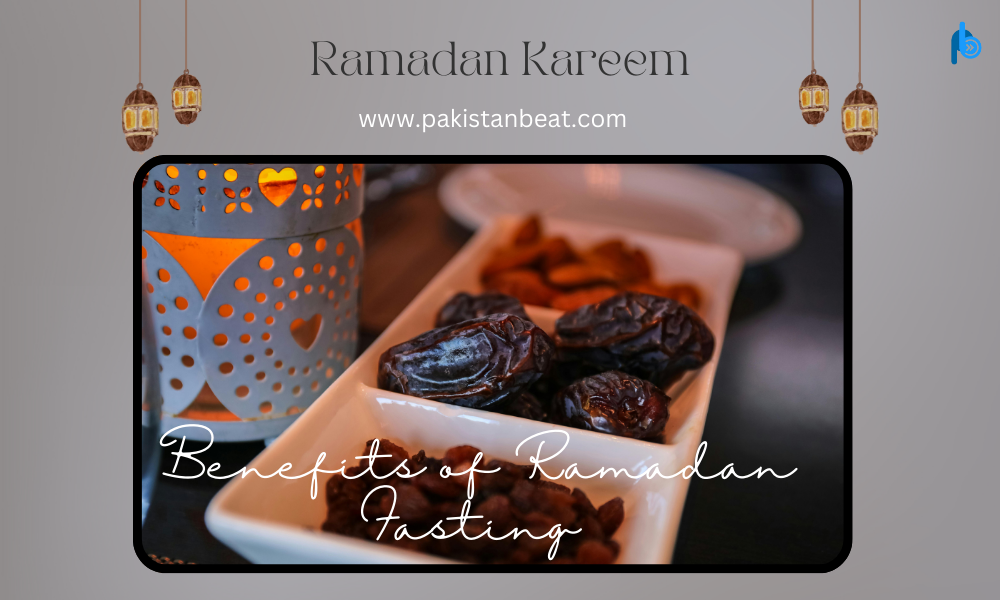
















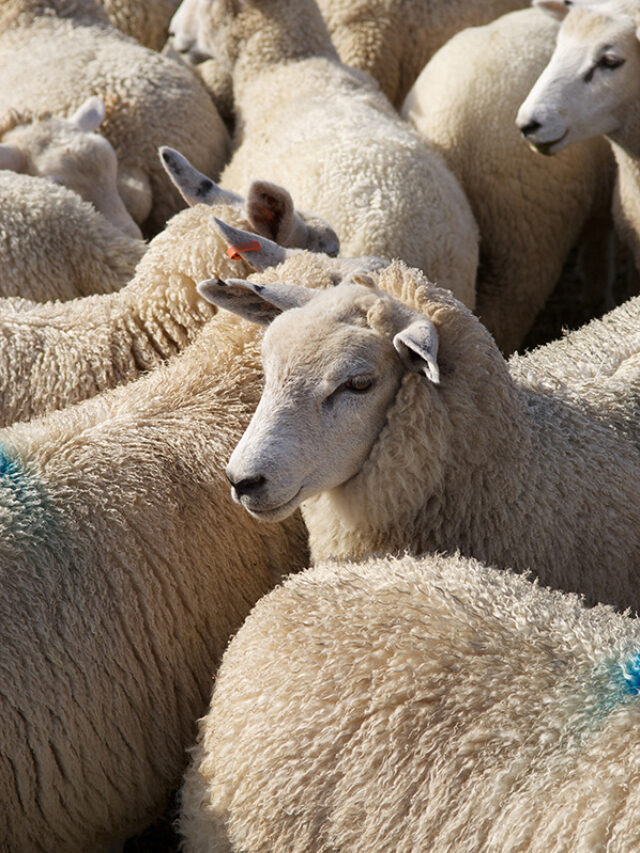

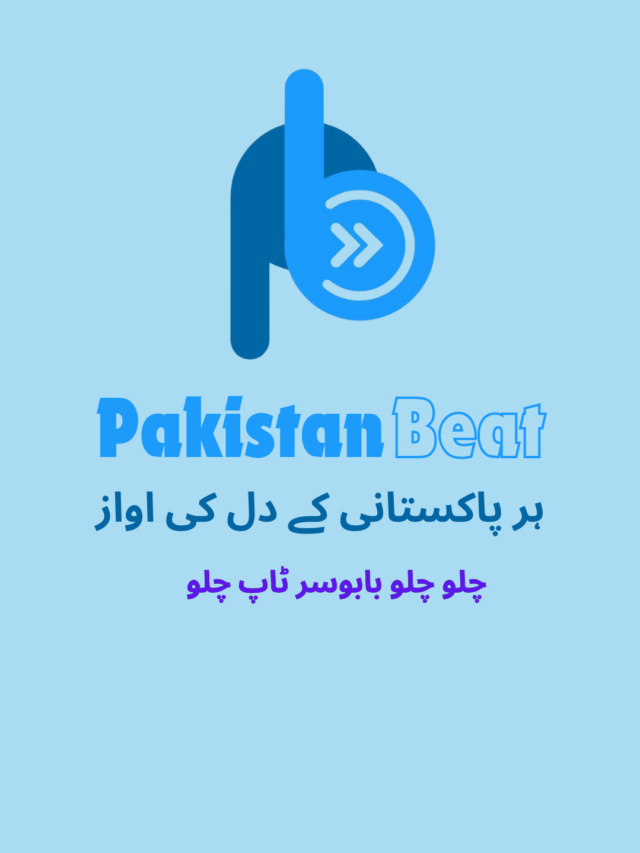




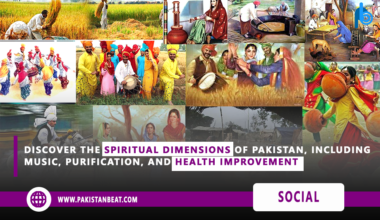
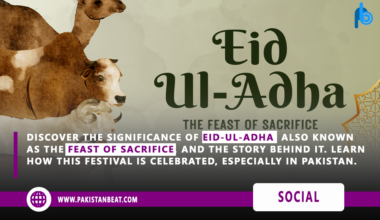

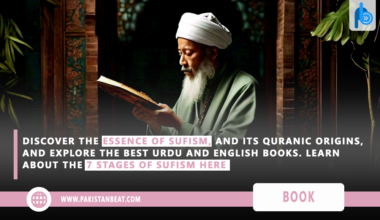
3 comments
Wonderful information. Hope it would help ease up our fasting. God bless you.
Excellent information
JazakAllah